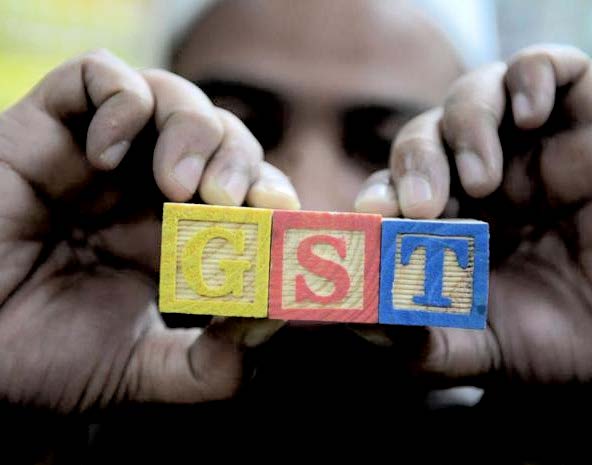
NEW DELHI/MUMBAI (TIP): While Rajya Sabha was debating the amendment to the Constitution for rolling out Goods and Services Tax (GST), the top management of a large company was closeted with consultants from a global tax firm in south Mumbai, assessing the possible impact of the new tax regime.
“So far, GST appeared to be a mirage. So companies were not doing any detailed planning. Now that the first step has been taken, things will start falling in place,” said the head of a leading auto company.
Consultants say there was a rush of queries over the last few days as companies began to see the new regime as a reality after a decade of discussions. “Most companies, barring a few large FMCG companies, are under-prepared. But I expect them to start now,” said Pratik Jain, who heads the indirect tax practice at consulting firm PricewaterhouseCoopers.
FMCG companies are seen to be at the forefront of preparedness when it comes to moving to a new GST regime. GST is expected to optimise warehousing and inventory carrying costs for the industry, which has a vast distribution and supply-chain network. Leading companies such as Dabur, Marico and Godrej Consumer Products (GCPL) have either drawn up a blueprint or have completed impact analysis of a post-GST scenario.
But they are awaiting further clarity. “We have already finished phase 1, where we are fully ready with the roadmap for implementation across the organisation. We are waiting for the details of the Bill to be finalised and would move into implementation after that,” said Sunil Kataria, GCPL business head for India and Saarc. He added that the team has been working on this for the last six months.
Dabur India, which has manufacturing units at 12 locations across India with products reaching 5.3 million outlets, utilised the services of PwC to complete the impact analysis of the pre- as well as post-GST scenario. Lalit Malik, CFO, Dabur India, said:
“Dabur has completed the groundwork with regard to amendments in our IT infrastructure to ensure a seamless transition. We are now awaiting the clarifications with regard to rates, classification and procedure for existing exemptions in order to determine the exact impact and execution.”
For other sectors, such as e-commerce, the concerns are different -the pressure of collecting taxes. Earlier, the money that a buyer paid for a product in the online market place was transferred to the seller after deducting commission. Once GST is implemented, e-commerce players would have to deduct tax and commission before transferring the amount to the seller. Sellers would have to then seek refund.
For all companies, changes to the software platform are seen as the first step but the process cannot be completed until the tax rate is known or the new forms, along with the online platform, are in place, said several companies.
The pressure is more on the smaller players than the large companies.
“Manufacturing companies have taken steps and the service sector has started moving in the last one month or so. But with more clarity, the smaller players can move now,” said M S Mani, senior director at Deloitte, Haskins & Sells.




